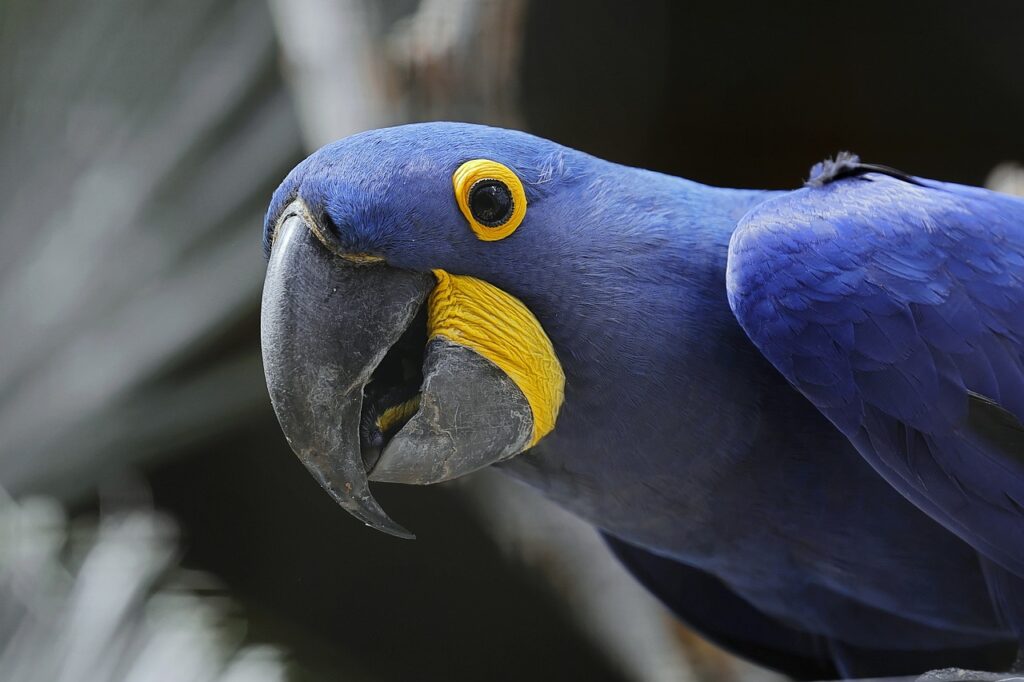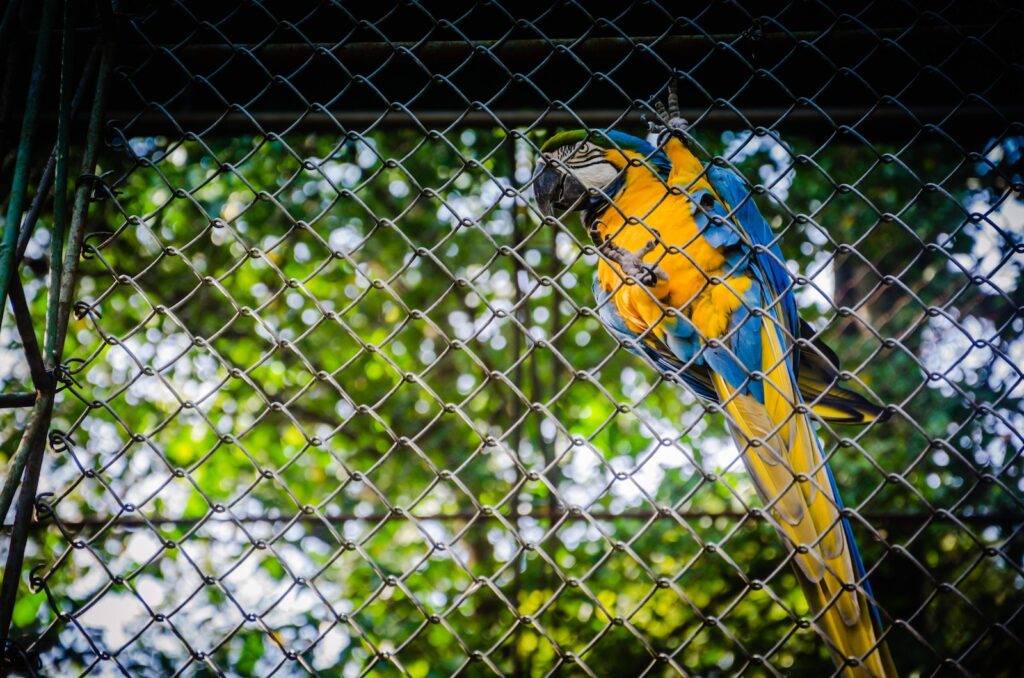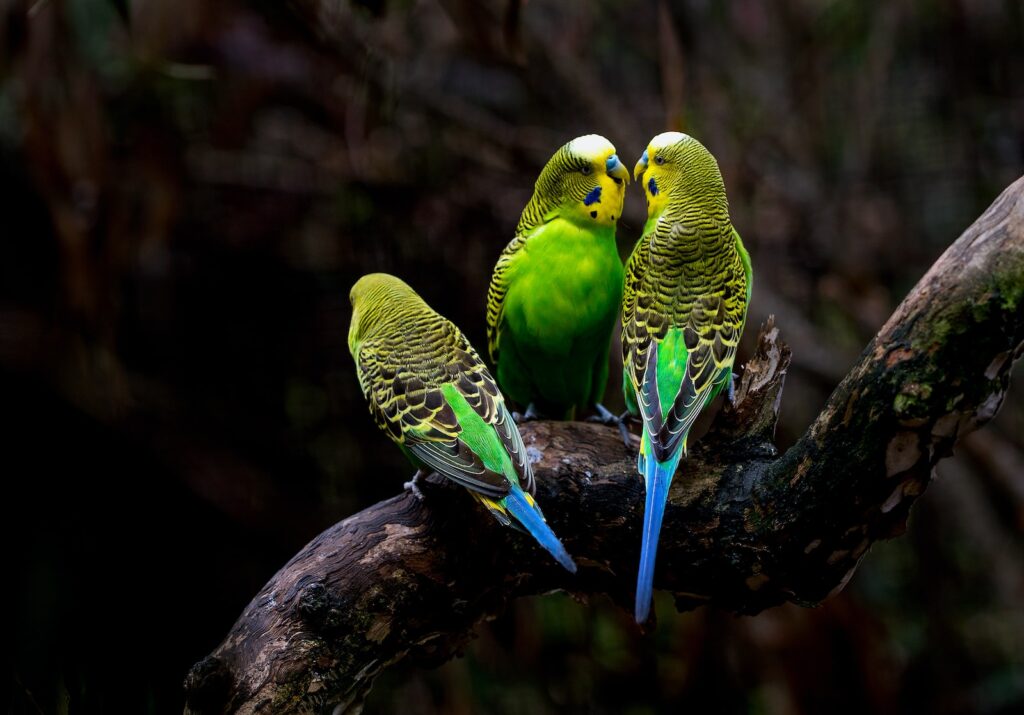Should Your Feathered Friend Munch on Aloe Vera?
Often, we wonder about sharing our favorite plants with our pets, but it’s not always a good idea. Aloe vera, a plant famous for its healing properties for us humans, may catch the eye of our parrot pals. Yet, what’s beneficial for us isn’t always safe for them. In this article, we’re going to explain why aloe vera may not be the best snack for your parrot.
The Hidden Hazards of Aloe Vera for Parrots
Aloe vera is loaded with compounds that help heal human skin and soothe sunburns. But for parrots, these same compounds can be harmful. The gel inside aloe leaves contains anthraquinones, substances that can upset a parrot’s stomach and cause serious health issues. Even though there are some parrot-safe parts of the aloe plant, it’s tricky to ensure that none of the harmful components are ingested. It is best to stay away from feeding aloe vera to your parrot to avoid any risks. Let’s be safe rather than sorry and keep aloe vera off the menu for our feathered companions.
Spotting Trouble: Signs of Aloe Vera Ingestion in Parrots
If your parrot accidentally nibbles on some aloe vera, there are a few symptoms you might see. They might act tired or uninterested in their favorite games. Some parrots may get an upset tummy, which can lead to less eating or even weight loss. If you notice anything unusual with your parrot’s behavior or health, it’s super important to contact your vet. They know what to do to help your parrot feel better.
Tasty and Safe Treats for Your Parrot
Instead of risky plants like aloe vera, let’s focus on treats that are both tasty and safe for parrots. Fresh fruits like apples, bananas, and berries are usually a big hit. Don’t forget veggies like carrots and spinach too! But just like with our own diets, it’s key to balance things out. Give a variety of foods in small portions and always do a quick check to ensure they are parrot-friendly before sharing.
Keeping Wings Away from Aloe Vera
We all know how curious parrots can be. To keep them safe, make sure any aloe vera plants are out of their reach. Parrots are clever, so you’ll want to put the plants in a room they can’t get into or up high where they can’t fly or climb to them. Teaching your parrot simple commands like “no” might also help them learn what’s okay to chew on and what’s not. Always provide plenty of parrot-safe toys to chew on so they aren’t tempted by your houseplants.
Conclusion
In conclusion, aloe vera might not be the most suitable snack for your parrot because of the potentially harmful effects it can have on their health. Be mindful of the symptoms if accidental ingestion happens and seek veterinary care promptly. Stick to providing a variety of vet-approved fruits and vegetables as treats, and remember to keep aloe vera and other potentially toxic plants out of your parrot’s reach. By understanding and implementing these safety measures, you’re taking essential steps towards ensuring the wellbeing of your beloved feathered family member.



